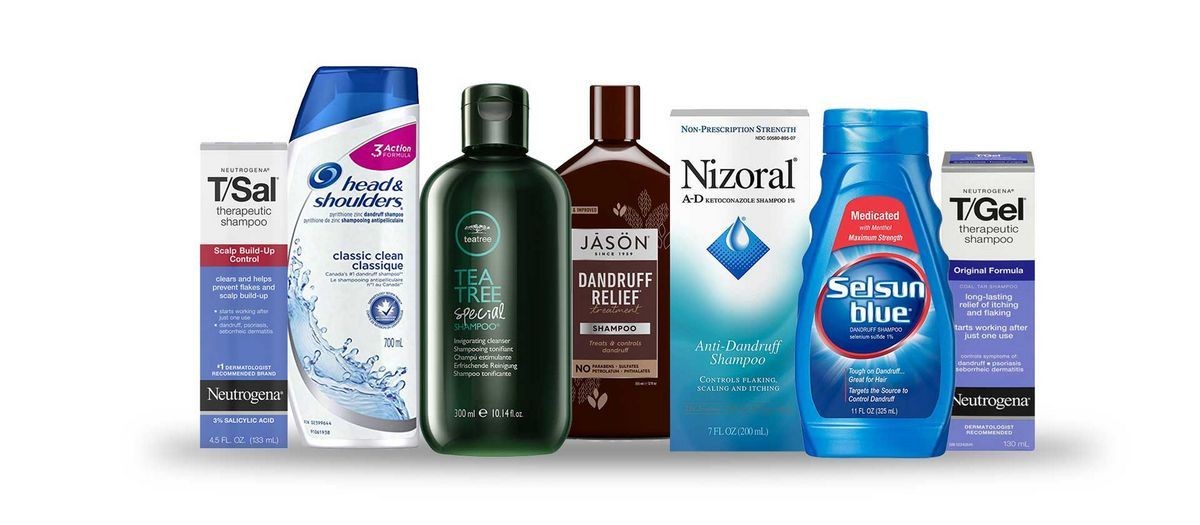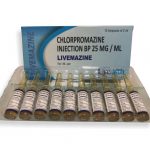
Contents
- 1 Dandruff (Seborrhea)
Dandruff (Seborrhea)
Dandruff, or scalp seborrhea, is often caused by a fungus but can have other origins.
The unpleasant white flakes on your dark shirt or blouse are dandruff. Dandruff is a sign that the skin of the scalp is peeling off (exfoliating). It is normal for the skin to exfoliate, but excessive dandruff can be unsightly.
There are two reasons for excessive dandruff:
- overproduction
- ineffective removal
Inflammatory diseases of the scalp cause overproduction, while inadequate scalp hygiene leads to ineffective removal.
Causes of dandruff flare ups
The cause of seborrhea is unknown, but the yeast Malassezia furfur may play a role.
Some individuals with weakened immune systems or certain disorders may experience severe seborrhea, but most people with dandruff are healthy and have no underlying problems.
There are other inflammatory diseases that can cause excessive scaling and dandruff, including psoriasis, fungal infection of the scalp, and allergic contact dermatitis.
Symptoms of dandruff
Seborrhea causes plaques of itchy red skin with scaling.
Dandruff itself does not produce symptoms, but seborrheic dermatitis is an itchy red rash that can occur on the scalp, ears, face, mid-chest, and mid-back.
Seborrhea can slow hair growth but does not cause permanent hair loss. It can appear during infancy as "cradle cap" or affect individuals at any age.
QUESTION
Specialties that diagnose and treat dandruff
Primary care providers and nurse practitioners can diagnose and treat most cases of dandruff. Dermatologists specialize in skin diseases.
Diagnosing the cause of dandruff
After a scalp examination, the cause of most cases of dandruff is usually apparent. In some cases, a scalp biopsy may be necessary to examine the skin under a microscope.
Treating dandruff
Treatment of seborrhea focuses on fighting skin inflammation with cortisone-based creams, lotions, and anti-yeast shampoos. Treatment should target the underlying cause of dandruff.
A primary care physician or dermatologist can recommend prescription-strength shampoos, antifungal creams, and corticosteroid creams. Non-steroid preparations may also be effective.
Home remedies for dandruff
Tar shampoos can help control dandruff on the scalp.
Shampoos
Medicated shampoos containing tar, salicylic acid, zinc pyrithione, selenium sulfide, or ketoconazole can help control scalp dandruff. They can be used as needed based on symptoms.
The frequency of shampooing is more important than the specific brand or type used. Hair dyes, conditioners, and antiperspirants do not cause or worsen dandruff.
Topical steroids
Corticosteroid creams and lotions reduce inflammation and can be applied twice daily. Antifungal creams are effective in reducing yeast organisms on the skin and should be applied once or twice a day.
Preventing dandruff
Frequent shampooing can prevent most cases of dandruff.
Subscribe to MedicineNet’s Skin Care & Conditions Newsletter
By clicking "Submit," I agree to the MedicineNet Terms and Conditions and Privacy Policy. I also agree to receive emails from MedicineNet and understand that I may opt out of subscriptions at any time.
Dessinioti, Clio, and Andreas Katsambas. "Seborrheic Dermatitis: Etiology, Risk Factors, and Treatments: Facts and Controversies." Clinics in Dermatology 31 (2013): 343-351.
Turner, G.A., M. Hoptroff, and C.R. Harding. "Stratum Corneum Dysfunction in Dandruff." International Journal of Cosmetic Science 34 (2012): 298-306.


